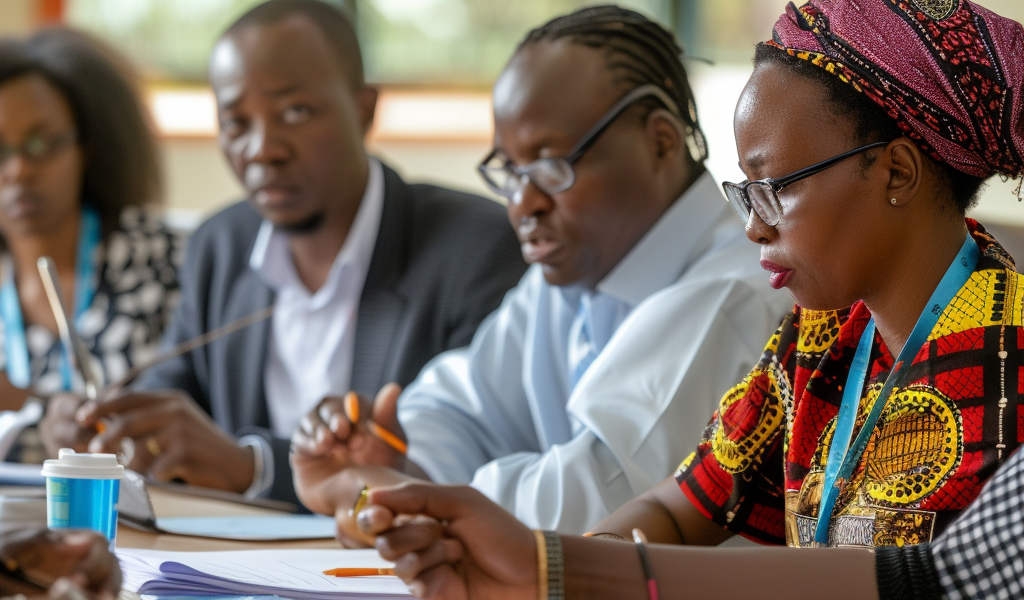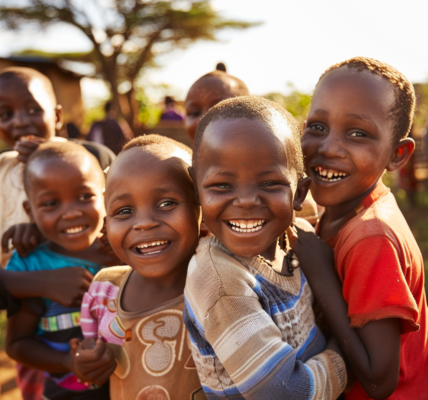The fight against cervical cancer in high-burden African countries will be won through deliberate policy realignment, investment in technology and public education, health campaigners said Monday.
Speaking at a forum in Nairobi, the Kenyan capital, the campaigners noted that addressing policy gaps while expanding access to screening, treatment and palliative care will help reduce caseload and deaths linked to the cancer of the cervix.
Kenya is hosting a week-long meeting bringing together policymakers and health advocates from 13 African countries to discuss new tools that should be adopted to re-energize the fight against cervical cancer in the continent.
The meeting was convened by FIND, an international health lobby that advocates for equitable access to diagnosis, the African Cervical Health Alliance and KILELE Health Association, a Nairobi-based health advocacy group.
Patrick Amoth, acting director-general for health at Kenya’s Ministry of Health, stressed that high-impact interventions including policy reforms, sufficient funding and scaling up vaccination will ensure that cervical cancer is not a threat to Africa’s public health security.
“We need to harness new tools, data and roll out community-centered interventions as we embark on the journey to declare the continent free from debilitating impacts of cervical cancer,” Amoth said.
In Kenya, cervical cancer is the leading cancer among women of reproductive age, with over 5,000 new cases and 3,000 deaths being recorded annually, Amoth said, adding that vaccination against the human papilloma virus (HPV) targeting adolescent girls has accelerated to help avert new infections.
Joseph Ndung’u, the regional director of FIND, said health policies in Africa should be aligned with targeted cervical cancer prevention, treatment and long-term care for patients in hard-to-reach areas.
Benda Kithaka, the executive director and founder of KILELE Health Association, said African countries should prioritize training of health workers, grassroots advocacy, investments in high-impact diagnostic tools and affordable treatment to reduce cervical cancer cases and deaths.
According to Kithaka, 19 out of the 20 countries bearing the highest burden of cervical cancer globally are found in Africa, necessitating the urgency to roll out mass vaccination and screening.
Maud Mwakasungula, the chairperson of Malawi’s Non-Communicable Disease (NCD) Alliance, said that African governments should empower community health workers with knowledge and digital tools to help them identify new cervical cancer patients.





